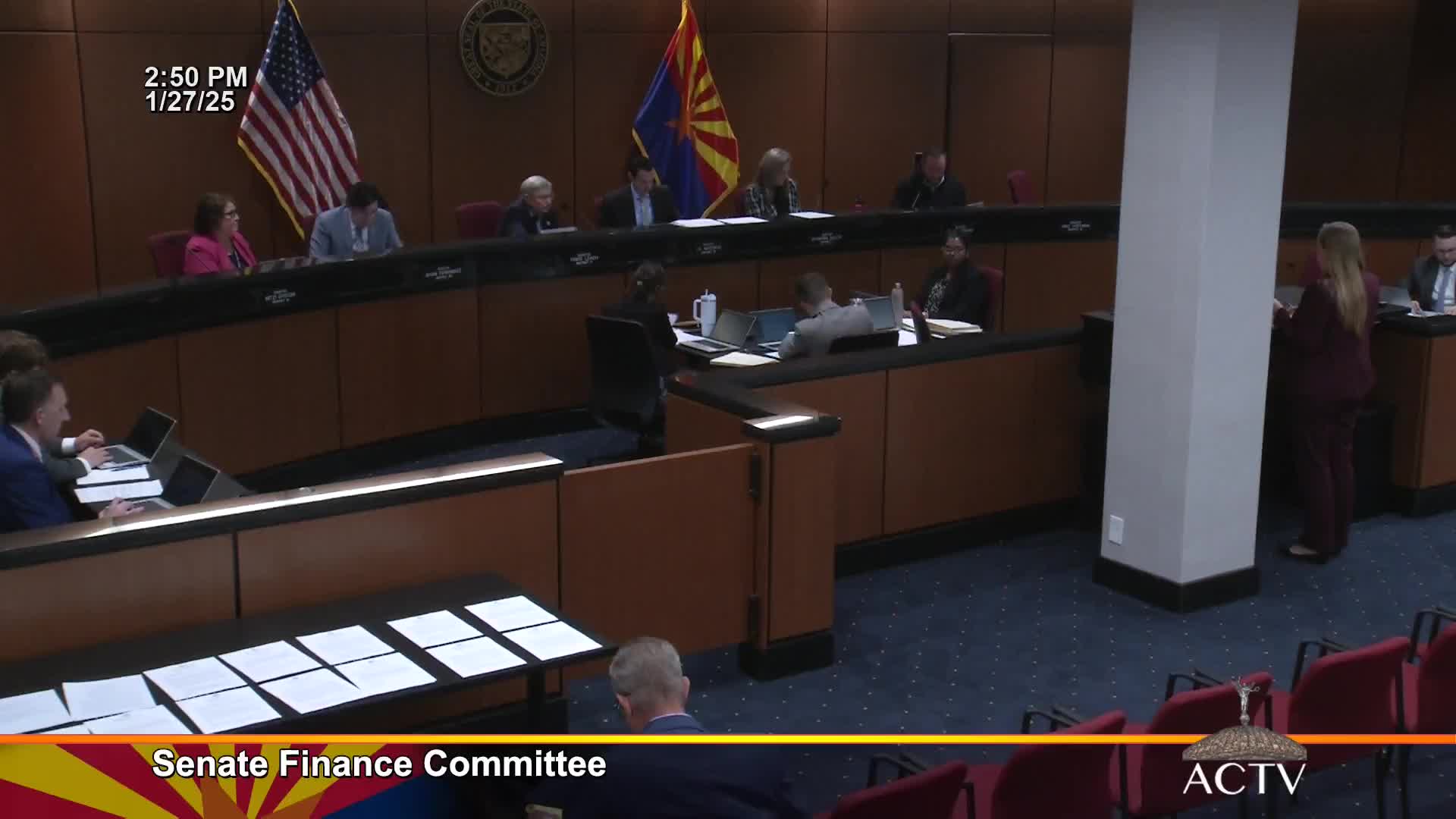Article not found
This article is no longer available. But don't worry—we've gathered other articles that discuss the same topic.
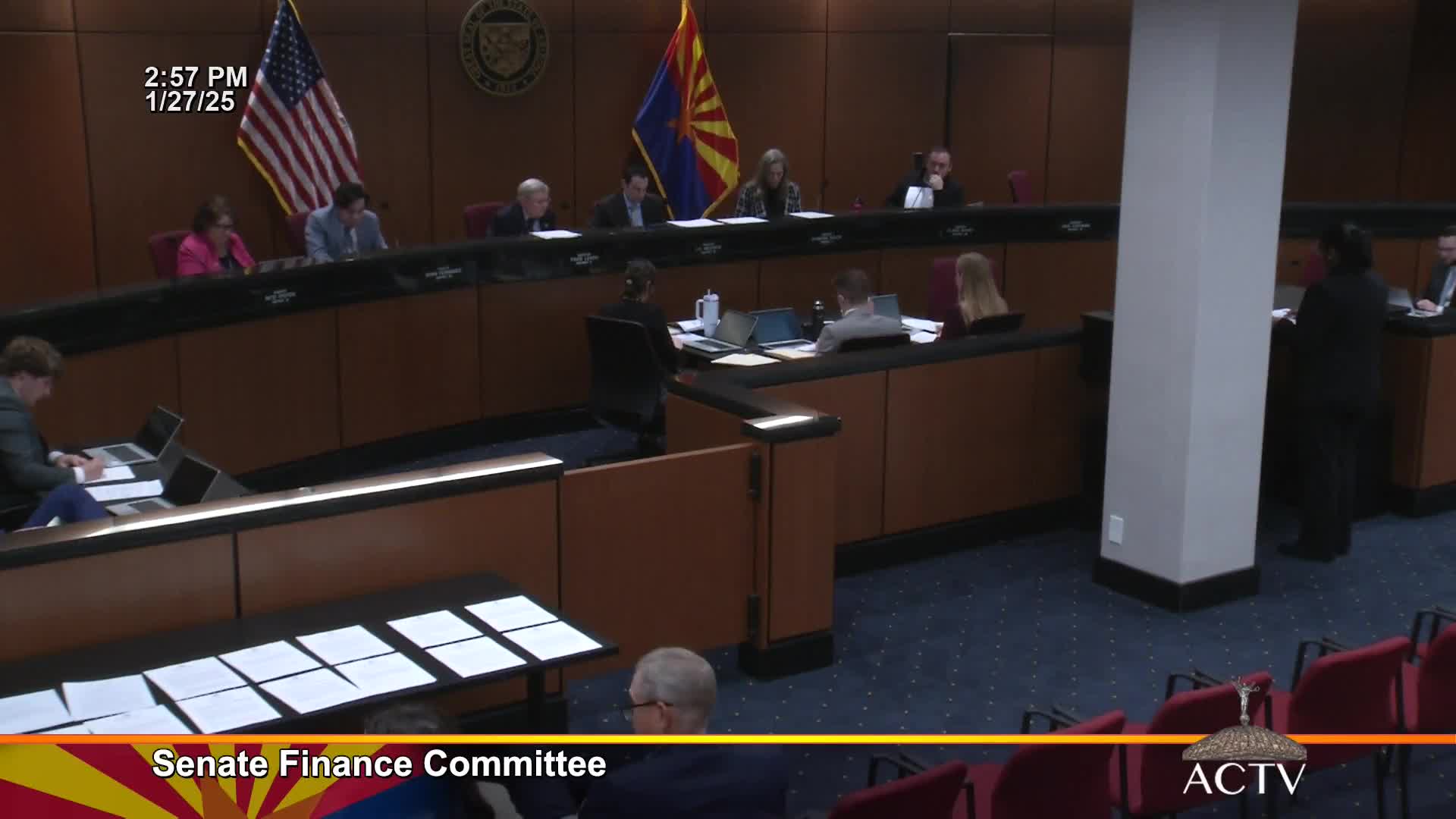
Senate Finance advances package of cryptocurrency measures on payments, investments and tax treatment
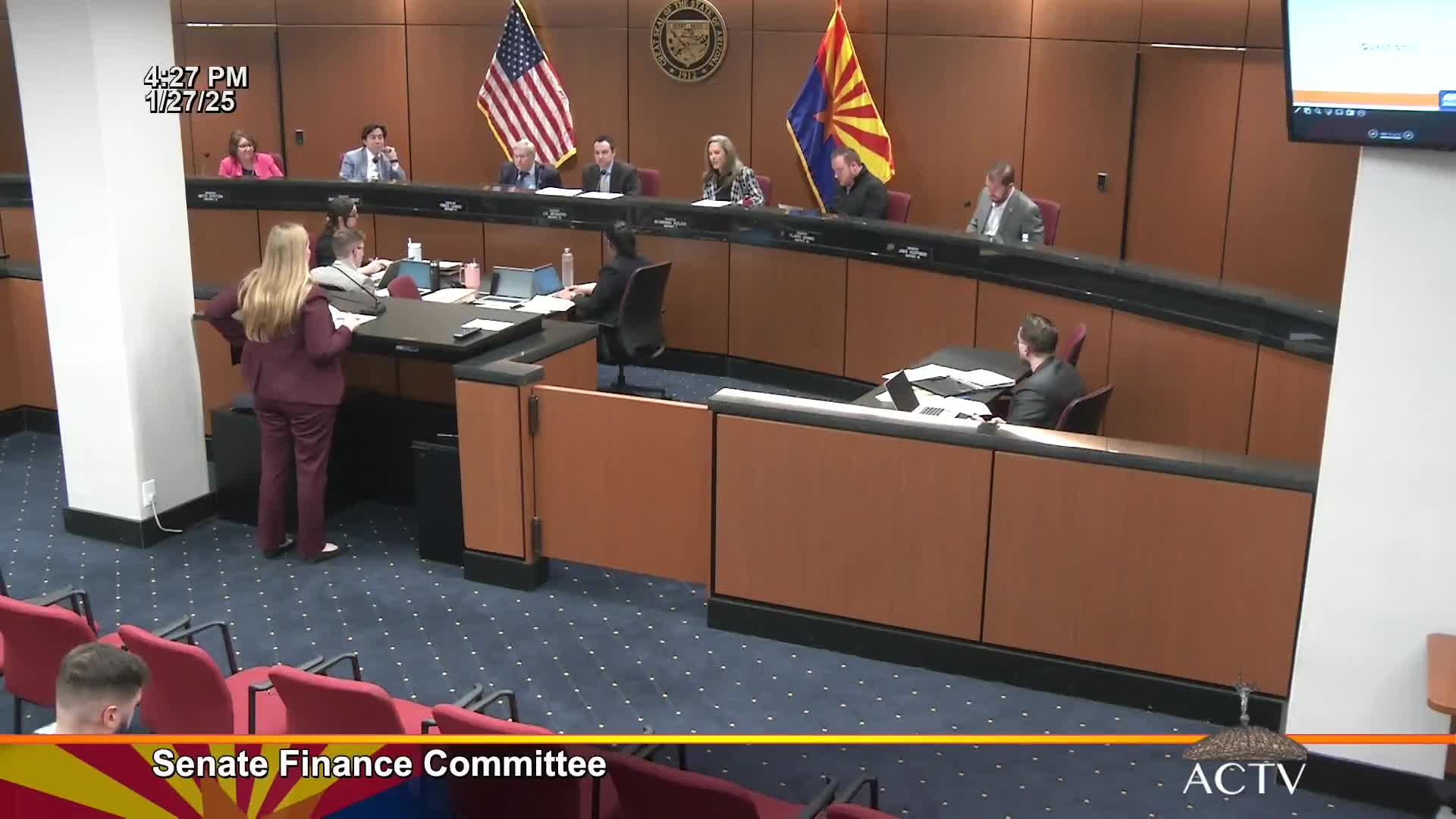
Committee advances bill to create Arizona Bullion Depository administered by Department of Insurance and Financial Institutions
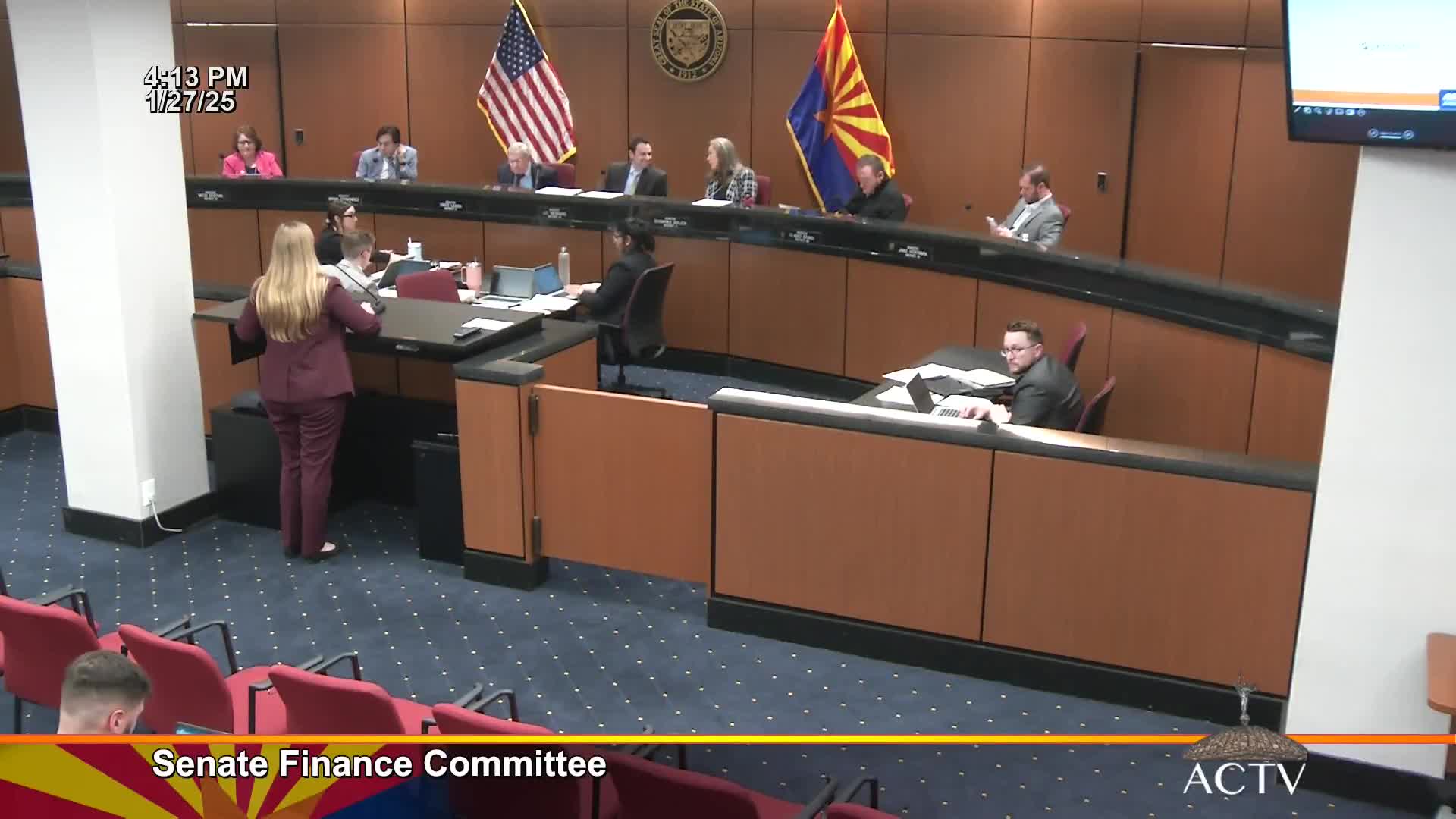
Senate committee passes bill banning federally issued central bank digital currency as legal tender in Arizona
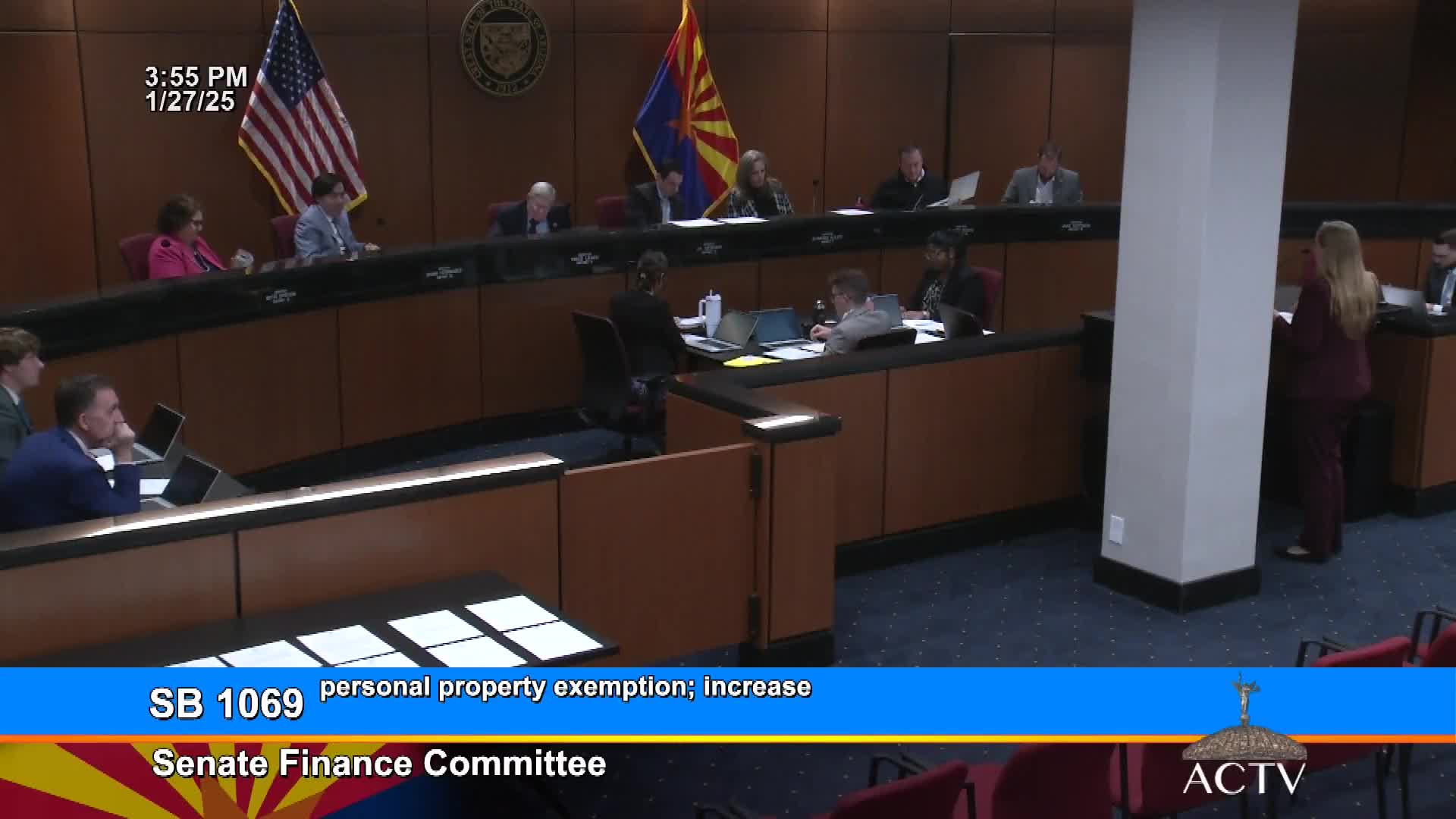
Committee advances bill nearly doubling business personal-property exemption to $500,000
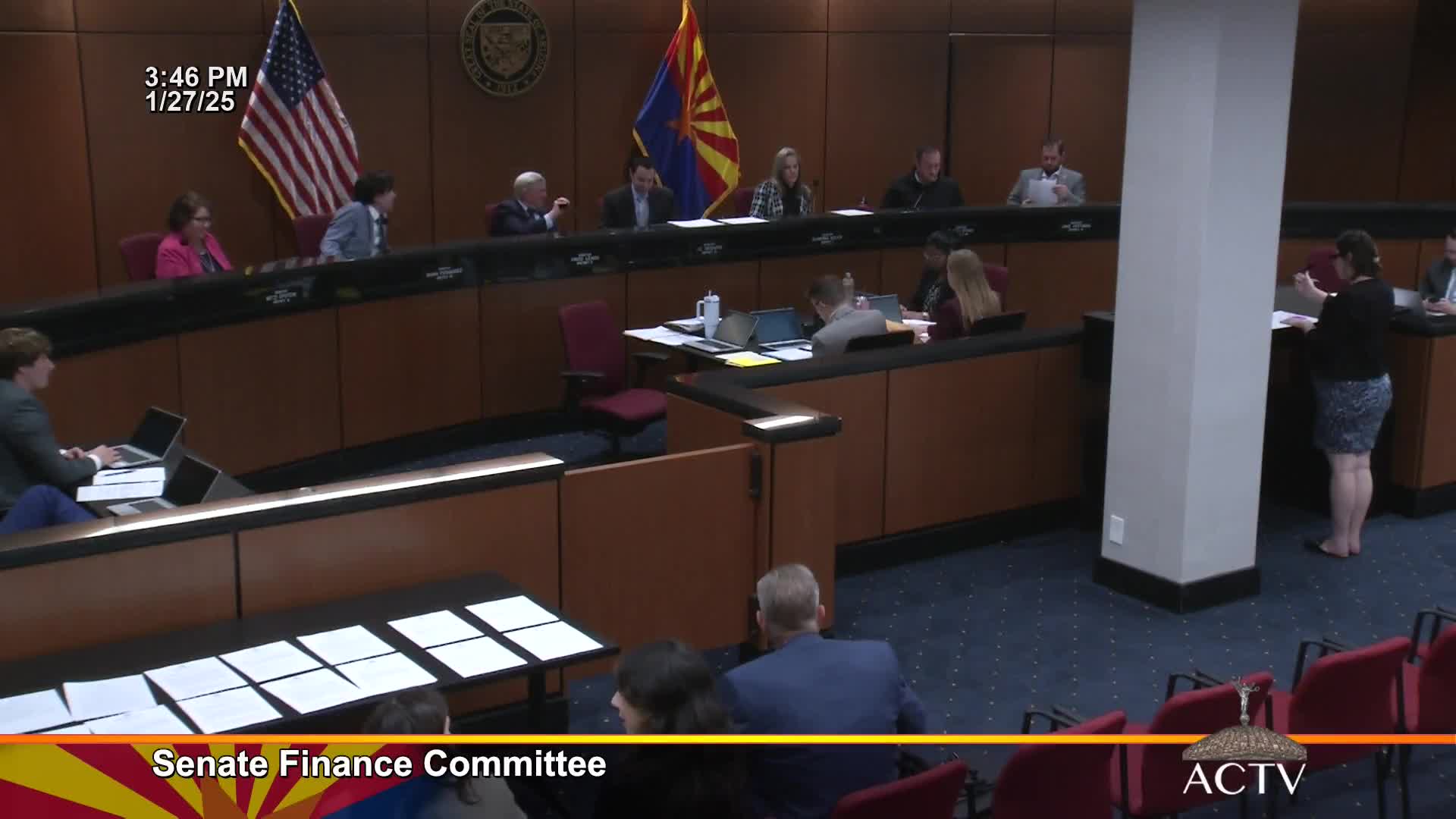
Committee approves bill easing rehire of retired officers as school resource officers
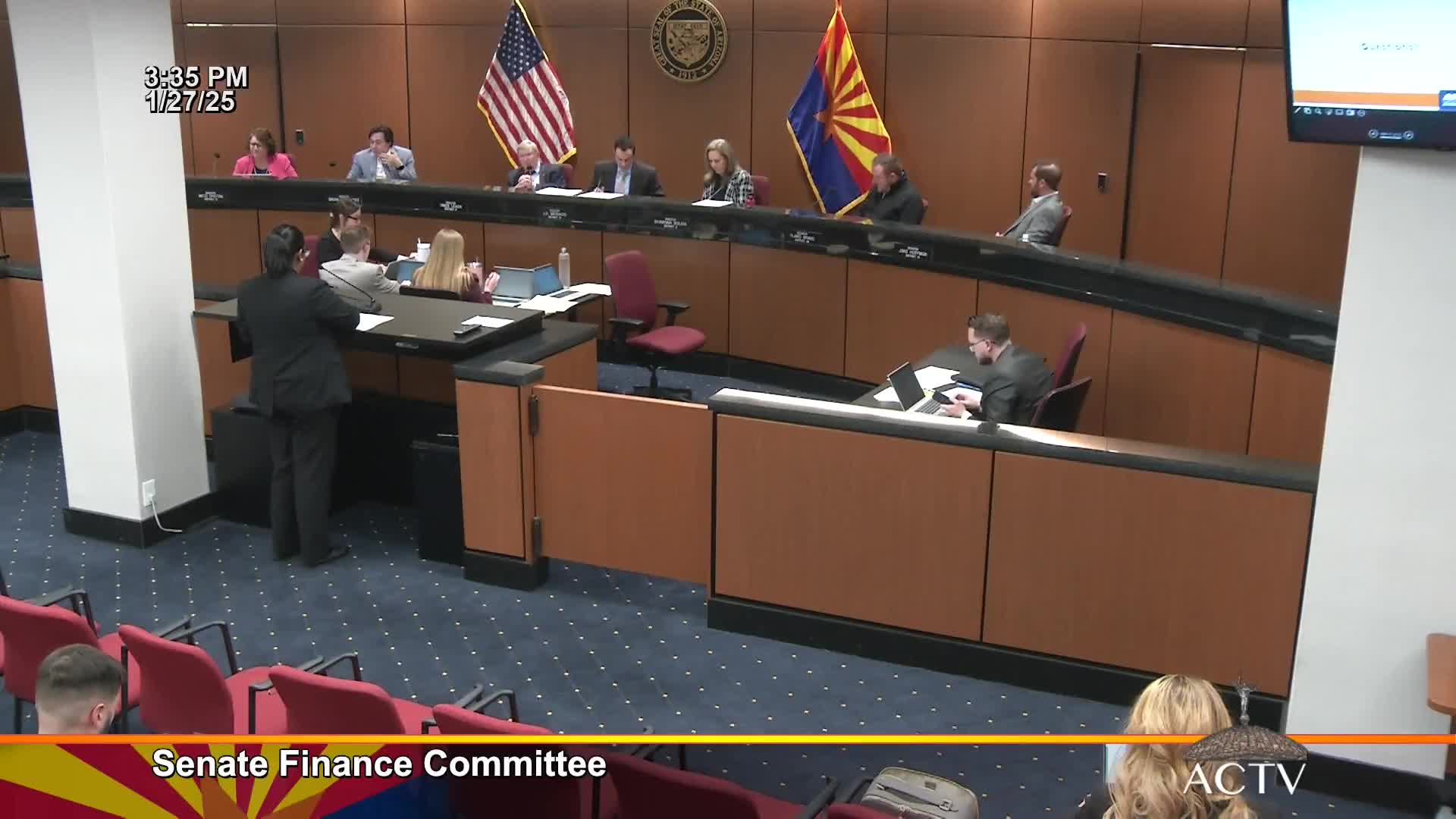
Committee advances requirement for ADOR to report nonresident real-estate revenue to presiding officers
